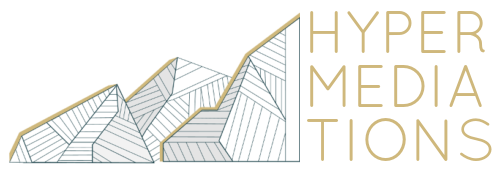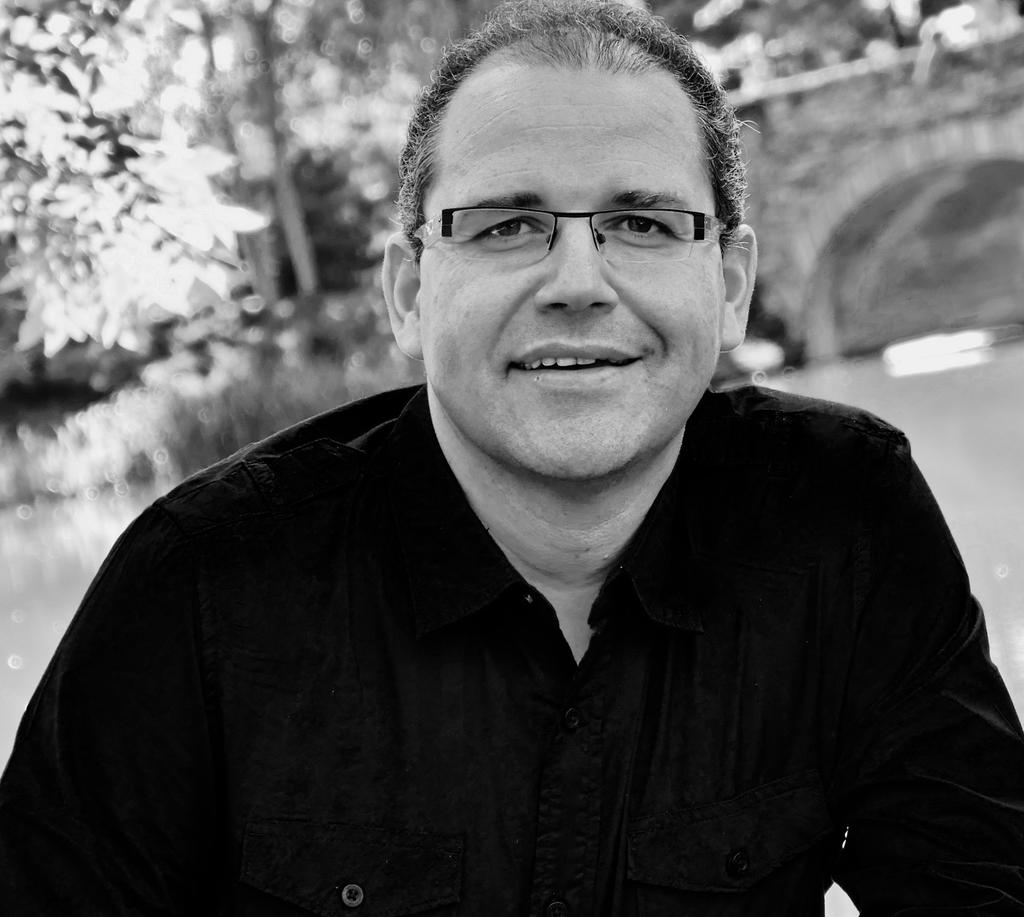How does your research background shape your present work around borders and migration?
We’re all living contingent histories, and that informs the way we see the world. Growing up, I had a fairly secure sense of identity. I was a Moroccan and a Muslim, and there wasn’t much to argue about, initially. A bilingual education, more French than Arab, instilled a strange sense of inferiority in terms of how my Arab heritage compared to a Western modern culture. Was I Arab? Was I French? I discovered English through the eyes of an Africanist who worked on the Negritude movement. The poets and writers of postcolonial Africa helped me earn a liberation of sorts. I did not have to make a hard choice between being French or Moroccan. When I moved to the US, I wanted the world to better understand where I came from. My interest in immigration, identity, displacement grew under the influence of my professors—thinkers from India, Eastern Europe, or Latin America.
When 9/11 happened, it was as if I had started walking around with a turban on my head. I had not enjoyed my previous anonymity, but I now appreciated the lost ability of moving around without having to face prejudice and obsessive stereotyping. Why was this happening? I used to think that my job was to defend my culture and better explain where I came from. That made me think of my work in terms of solidarity. Edward Said’s argument for “critique before solidarity” really hit me hard when I read it. According to Said, you need to remain loyal to your role as an intellectual in order to be able to properly critique things, rather than simply affirm an ethnic or national allegiance. To me, now, public scholarship is about a commitment to the value of an idea, and to seeing it through. How do you connect with people who might have similar questions, anxieties or experiences of displacement—artists, academics, or anyone else? My job, as Edward Said described it in in his memoir Out of Place, is to use conceptual thinking around displacement and intellectual nomadism to reflect on the meaning of borders, mobility, and movement today.
How did you come to include poets and philosophers into your research on mediation?
I was listening to accounts from people who have crossed the Sonoran desert in Arizona, or the Mediterranean Sea. Spending time with artists who also reflect on this experience made me wonder: What was leading to this kind of dehumanization today? Could it be this conception of the border as a roadblock which is there to stifle movement and restrict the mobility of certain people, while granting it to others? I asked myself: Where can we find new ways of thinking about borders? If you applied a decolonial method, you could start moving away from the center of conventional knowledge—Western theory—and look elsewhere. What do the people of the Caribbean have to say about this? They have an island culture; they’ve seen quite a bit of exploitation and colonialism. How do Africans think about borders? They didn’t have them when the Europeans came and took millions of their people as slaves. This is how I discovered imaginaries that helped me question that philosophy of territory which the border has so violently imposed.
What is a research model that could help better connect scholarship with its public(s)?
I believe in the power of exchange, partnership, and humility. I suggest a “public syllabus project”: an open resource which could be expanded upon by artists, activists, other academics, organizations working with issues of bordering and immigration. Instead of having the library or an archiving algorithm index knowledge, a network of people who work directly with a certain question could come together to produce a more accurate reference map connecting articles, primary and secondary sources, multimedia projects, performances, documentary films, etc. You could organize this map in a user-friendly format, and make it available to a broader public. Imagine that a journalist exploring the term “transparency” could easily learn about a book like A Transparent Society, or a series of articles, or the fact that a certain artist did a performance on the idea of “the transparent Muslim.” All of the sudden you’d have a much deeper understanding of the term.
How does privilege affect knowledge production in media and religion?
Some would argue that academics have a deeper understanding of the world, which they should guard above all else, against the pitfalls of populism. I do not see things this way. While I don’t want to lose specificity, I do not claim supremacy for my knowledge, or methodologies. When Colin Kaepernick takes a knee or sits through the national anthem, academics think of it as merely an incident in popular culture. What does this have to do with our way of doing things? Some scholars might say, “I ask much deeper questions that Kaepernick ever could.” The point is missed here. This isn’t about seeing these practices in separation. I consider Kaepernick’s protest a theoretical provocation. If, in 2017, someone needs to say “Black Lives Matter,” this reveals persistent legacies of domination and marginalization that African-Americans have been dealing with. When they take this message on, they are speaking to me. How can I join that movement?
This is where I part ways with Edward Said and call my position “critique with solidarity.” We need to deploy scholarship in the world in a way that can build epistemic bridges. The migrant caravan, for example, is a story that we should be following. The caravan gives us a clear sense of the laws of movement—who is supposed to move and who is supposed to stay put. This is also a theoretical proposition. Many people already reflected on this connection between knowledge making and experience. Among them: Frantz Fanon, who worked in Algerian psychiatric institutions; Paolo Freire, who defined “critical pedagogy”; or Nicholas Mirzoeff, who stages performances around Black Lives Matter. I am optimistic when I see many junior faculty and graduate students eager to take the work further.
Are you truly hopeful for a fair social exchange, in an age of hypermediation and total surveillance?
I’m not one to think that we are necessarily trapped in this world. The odds may seem huge and possibilities lacking. That is where I think the power of imaginaries lies. We can expand them by checking archives and registers we haven’t, or didn’t want to, before—perhaps because we wiped them out. That is what poet Édouard Glissant had in mind when he spoke about “opacity”: the ability for you and me to accept each other, not in a tolerant way, but in one in which we will be willing to change something about ourselves. Today, we speak about “tolerance”: religious, ethnic, cultural. I wonder, instead, if people are willing to accept that someone might have something deeper to contribute, a new mode of experience. Opacity allows the conversation to begin on equal terms. I do not need to change your mind about something, but you could at least embrace my right to retain singularity, and continue the conversation in a dignified way.
Interview by Toma Peiu

